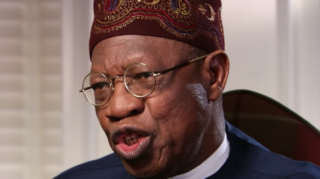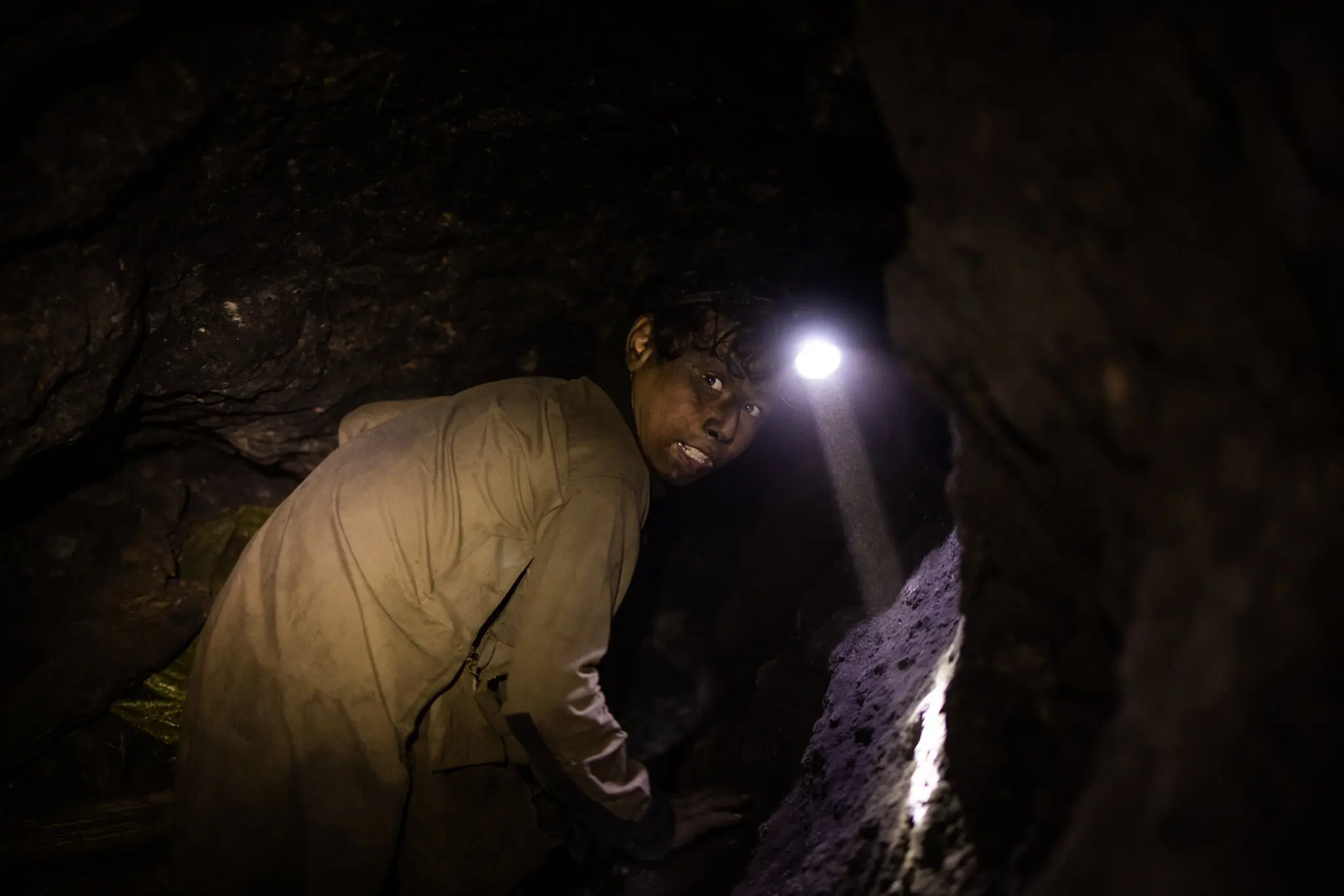WASHINGTON – A proposed law in Brazil to counter misinformation and false news is being criticized by journalists, privacy activists, social media networks and even President Jair Bolsonaro, who’s been among the harshest media critics.
Bolsonaro has vowed to veto the measure, which the Senate passed last week. The so-called fake news bill proposes monitoring and collection of data, including IDs and phone numbers that users would have to provide to access social networks and messaging apps. It would require social media companies to keep a database of messages that are forwarded in high numbers and make the information accessible via court order.
A new council of politicians and representatives from media and civil society would make recommendations on internet freedom, responsibility and transparency.
Online harassment
Brazil has experienced a surge in online harassment and disinformation campaigns since its 2018 presidential election, often directed at Bolsonaro’s critics, members of the opposition and even members of Congress.
Journalists have also come under attack: the Brazilian Association of Radio and Television Broadcasters said the media received an average of 11,000 attacks every day on social networks in 2019, many of which appeared to come from the president’s supporters.
Bolsonaro was responsible for over 100 attacks on the press the same year, the Knight Center for Journalism in the Americas reported. The president often uses social media to try to discredit or verbally assault critical reporters and outlets, referring to journalists as “rotten” and “scoundrels” and posting a video depicting himself as a lion being attacked by hyenas.
While some provisions in the bill were welcomed, including a ban on elected officials blocking people online and a requirement for platforms to identify bots, critics warned the legislation could have dangerous implications, including making it easier for the government to identify sources.
‘Bad precedent‘
“Having a country like Brazil, which is a major player in the world, do this, it would be a bad precedent,” Cesar Muñoz, a Brazilian researcher for Human Rights Watch, told VOA.
“There is a lot of abuse online — I’m not denying that,” Muñoz added. “But the way to respond to that is not restricting everybody’s freedom.”
Critics noted that the bill was passed during the COVID-19 pandemic, which restricted debate. Groups including the Brazilian Association of Investigative Journalism (ABRAJI) attempted to delay the proceedings, but without much success.
“We’re basically creating a law that goes against the global advances in favor of privacy,” Natalia Mazotte, who is on the board of directors for ABRAJI, told VOA. She added that the proposed council to advise on social media guidelines “would open the floor for political interference.”
Facebook, Twitter, Google agree
In a joint statement, Facebook, Twitter and Google said the proposed bill was “a project of mass collection of data from individuals, resulting in worsening digital exclusion and endangering the privacy and security of millions of citizens.”
Press freedom advocates also warned that the monitoring of users’ data and messages could make it harder for journalists to protect the identities of sources.
Muñoz said Brazilian judges have previously attempted to compel journalists to reveal the identities of their sources. Article 5 (XIV) of Brazil’s constitution safeguards the confidentiality of sources.
Concerned for sources
Investigative journalist Patricia Campos Mello said that while the level of misinformation in Brazil is “unsustainable” and needs to be addressed, the bill could make journalists and their sources more vulnerable.
Campos Mello was the target of mass harassment campaigns after reporting on disinformation campaigns around Bolsonaro’s 2018 election. She and her family received threatening messages and calls, and attackers shared doctored photos and false stories of her online.
“Journalists are very concerned about the environment and the prevalence of disinformation campaigns and professional networks of disinformation,” Campos Mello said. “Everybody uses WhatsApp in Brazil, and all journalists use WhatsApp to communicate with sources.”
She added that if the bill passes, it could make it easier for the government to identify sources.
The bill is due to go to the lower house of Congress, the Chamber of Deputies, but it is unclear if it will be passed.
In a Facebook Live video July 2, Bolsonaro — who has been widely criticized for his use of social media — said he would veto the bill’s current version if it reached his desk, adding that he supported “total freedom of the media.”
“In this particular case, most of the social movements are agreeing with Bolsonaro,” Mazotte said.
FEATURED IMAGE: Brazil’s President Jair Bolsonaro speaks with journalists while wearing a protective face mask as he arrives at Alvorada Palace, amid the coronavirus disease outbreak, in Brasilia, May 22, 2020.
VOA





